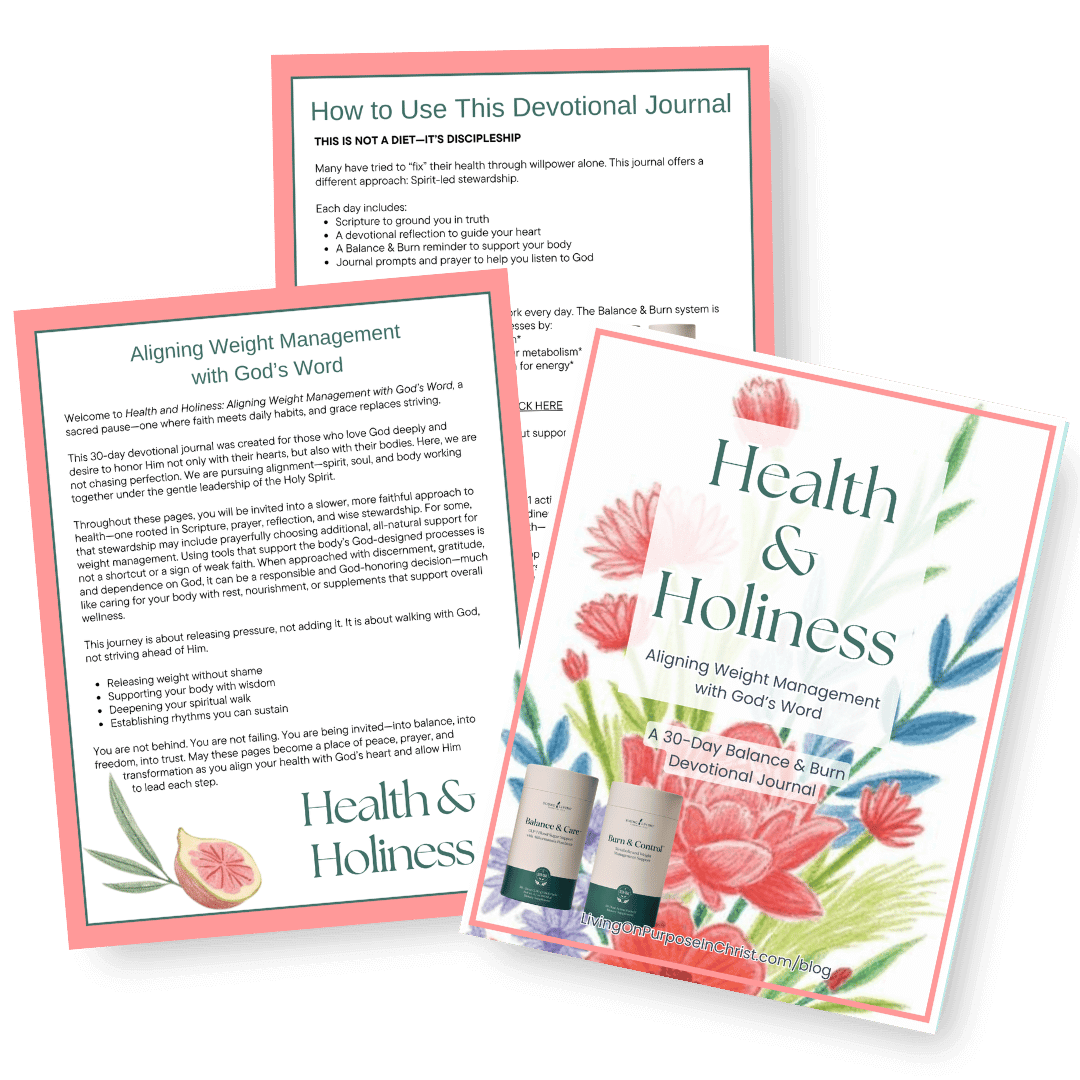Hi friend, I’m Paula
… a grandma, pastor and follower of Jesus
As a spiritual mentor, I walk alongside Christian women (and men), gently guiding them through the space between struggle and breakthrough. My heart is to help uncover each person’s God-given purpose. With faith, coaching, and lived experience, I share real-life wisdom, not just theory.
In my journey, I heard God's call to serve within the church. Over the years, I embarked on a transformative journey, spanning twelve and a half years from my initial call to my ordination. With more than two decades of dedicated pastoral service, I understand the process well. My gifts—empathetic listening, biblical insight, and a knack for creating sacred rhythms—serve as bridges between ancient faith and modern life. I cherish encouraging others to give themselves room to breathe, honor their unique paths, and take that first gentle step toward freedom and empowerment.
When you're ready for a deeper connection with God, more balance in your daily life, and the tools to strengthen your faith, I'm here to guide you. Let's start this journey together. Save your seat for an Aroma of Christ Coaching Hour + Peace RESET and discover how small, consistent changes can lead to lasting transformation.
In love and service,

Reverend Paula Behrens
Ordained Pastor, Certified Aroma Freedom Practitioner, Christian Coach & Podcaster (Top 5% Globally)





